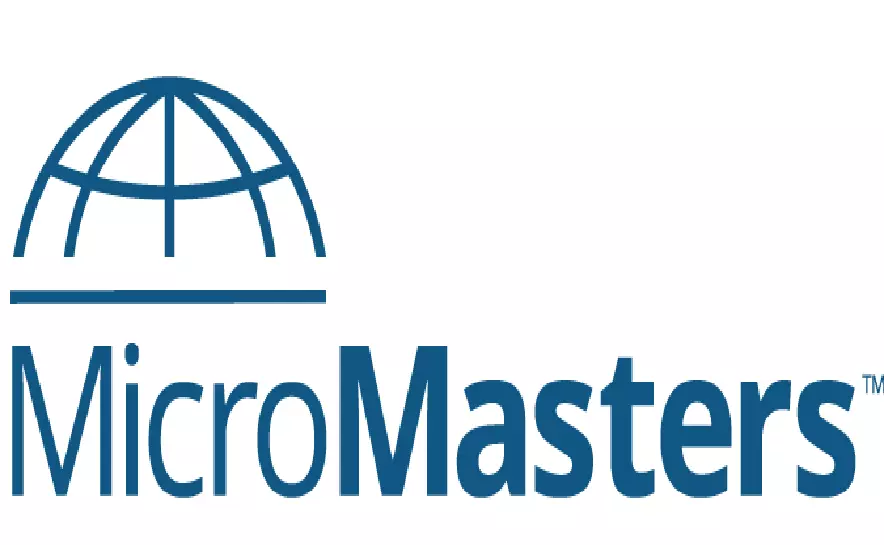A new kind of credential has entered the crowded market for online learning.EdX, a Massachusetts-based nonprofit that provides online courses, announced last week the creation of 19 “MicroMasters” courses, a new type of online educational program. These courses are tailored master’s degree-level classes that can help students hone skills that will be immediately useful in the workplace.
“I think the MicroMasters is a big next step in the evolution of education,” Anant Agarwal, the CEO of edX and an MIT professor, said in an interview last week.
These courses – offered through 14 universities including Columbia, Arizona State University and the University of Michigan, as well as some in Australia, Europe and India – are open to anyone who wants to take them. No transcripts or prerequisites required. Students don’t even need a GED to enroll.
Anyone can learn in the MicroMasters program for free, although those who wish to receive a certificate of completion must pay a $1,000 fee. That money gives the student more than a piece of paper; it also pays for extra services, such as more attention from the instructor.
In recent years these types of courses, known as MOOCs or Massive Online Open Courses, have developed a reputation as being big on hype and low on substantive change. The completion rates for these free, open courses remain very low. And online-only classes don’t usually provide the personal touch afforded by classes that combine technology with in-person instruction.
That said, Edx MicroMasters programs differ from the typical MOOC in important ways, advocates say.
They offer a personalized pathway that students can tailor to fit their interests or career aspirations. And, unlike many MOOCs, these online courses provide a pathway to completing a real master’s degree from an institution that has agreed to accept the credits. The “MicroMasters” courses could help people get noticed by graduate school admissions officers, Edx leaders said, because students can prove their ability by taking the micro courses first.
The courses were created with input from top employers, with course offerings nimble enough to fit current in-demand careers. The first MicroMasters program was in Supply Chain Management, offered by MIT. It’s relevant because that’s “a field experiencing a worldwide talent shortage,” according to MIT. And, undoubtedly, MIT’s brand name helps attract attention.
Here is the list of participating universities, with the course topics they plan to offer in the MicroMasters program:
Australian National University (Evidence-Based Management)
Columbia University (Artificial Intelligence)
Curtin University, Australia (Human Rights)
Galileo University, Guatemala (e-Learning, offered in Spanish; Professional Android Developer)
Hong Kong Polytechnic University (International Hospitality Management)
Indian Institute of Management, Bangalore (Business Management; Entrepreneurship)
Massachusetts Institute of Technology (Supply Chain Management)
Polytechnic University of Valencia, Spain (Leadership, teamwork and continuous improvement, offered in Spanish)
Rochester Institute of Technology (Project Management)
Thunderbird School of Global Management of Arizona State University (International Business Management)
Université catholique de Louvain, Belgium (Management, offered in French; International Law)
University of Michigan (User Experience Research and Design; Leading Educational Innovation and Improvement; Social Work: Practice, Policy and Research)
The University of Queensland, Australia (Leadership in Global Development)
Wageningen University, The Netherlands (Biobased Sciences for Sustainability)
